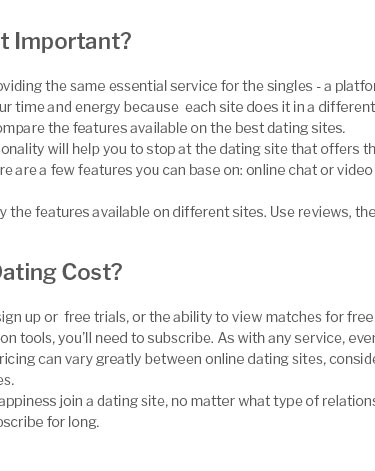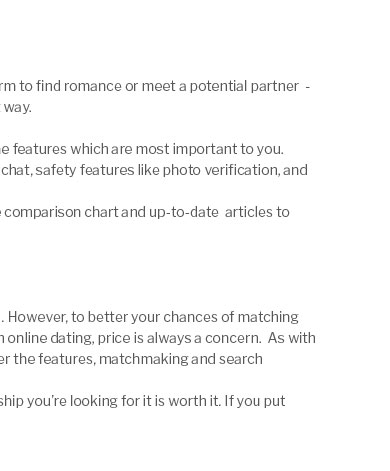how to have an affair with empathy and cautionAn affair carries real emotional, legal, and health risks. If you proceed, prioritize consent, clarity, and care for everyone involved, including yourself. Perspective and core principlesAffairs are complex; thoughtful planning does not eliminate consequences. Examine motivations, likely outcomes, and ethical limits before any step. - Consent from the other participant must be explicit and ongoing.
- Set boundaries that protect privacy and mental health.
- Avoid entanglements that expose dependents or shared obligations to harm.
- Prepare for accountability if the situation becomes public.
Boundaries protect people; secrecy alone does not. Choosing an approach: a comparison of optionsDifferent paths carry different benefits and drawbacks. Compare options by discretion, emotional complexity, and exposure risk. Past acquaintance- Pros: Familiarity, shared context, easier trust building.
- Cons: Social overlap increases gossip risk; past dynamics may resurface; harder exits.
Apps and sites for discreet connectionsPurpose-built platforms and general dating tools offer reach and filters. A niche option like free adult affairs focuses on discretion; mainstream apps offer larger pools but lower intent alignment. Verify profiles, use platform safety tools, and keep identifying data minimal. - Pros: Clear intent filters, messaging controls, report features.
- Cons: Data traces, catfishing risk, subscription upsells.
Strangers through lightweight matchingFast-match tools emphasize convenience and low context. Services oriented toward meeting new people, such as a stranger hookup, can reduce social overlap but increase uncertainty. Prioritize public meet spots and personal safety checks. - Pros: Fewer mutual connections; flexible discovery.
- Cons: Limited background knowledge; higher screening burden.
Ground rules and boundaries- Define what the relationship is and is not; write it down to prevent drift.
- Agree on privacy practices for names, photos, and contact methods.
- Use safer-intimacy practices from the start; discuss testing and protection.
- Avoid financial commingling, shared logins, or shared devices.
- Create a respectful exit plan that either person can activate without negotiation.
Clear boundaries reduce harm and confusion. Privacy, digital footprints, and logistics- Use separate communication channels that do not touch shared devices or accounts.
- Disable location sharing and review app permissions.
- Avoid sending identifying images; remove metadata if media is shared by consent.
- Decline requests for logins, codes, or documents; protect personal and work credentials.
- Choose meet locations away from regular routines; arrange independent transport.
Protect identity, devices, and data. Wellbeing and safer intimacy- Use barrier protection; discuss STI screening and contraception preferences before intimacy.
- Keep a clear head; avoid intimacy decisions under impairment.
- Monitor mental health; affairs can trigger anxiety, guilt, and rumination.
- Do not use the other person as a therapist; seek professional support if needed.
Health and consent go together. Alternatives to an affairIf the goal is connection, consider honest dialogue, counseling, or exploring consensual non-monogamy with informed agreement. Separation remains a valid path when needs cannot align. Transparency with partners is a meaningful alternative. Red flags and when to stop- Pressure, ultimatums, or threats.
- Demands for money, credentials, or compromising material.
- Tracking, stalking behaviors, or harassment.
- Boundary violations or disregard for safer-intimacy practices.
Any red flag warrants ending contact and seeking support. FAQIs it legal to have an affair?Legality varies by location and relationship contracts. Seek legal guidance if property, custody, or community rules could be affected, and keep all interactions consensual and safe. How can consent be handled responsibly?State intentions clearly, confirm enthusiastic agreement, revisit boundaries regularly, and document key agreements in writing. Silence or mixed signals are not consent. What minimizes emotional harm?Avoid love-bombing, define expectations, prevent dependency, and end with clarity rather than ghosting. Do not involve third parties who did not agree to the arrangement. What are safer meet-up practices?Meet in public places, share a safety check-in with a trusted person, verify identities through video chat, and arrange independent transport. Decline venues that remove your ability to leave freely. How should messages and photos be handled?Keep messages minimal, avoid sharing identifying media, remove metadata, and require explicit permission for any saving or forwarding. If boundaries are breached, stop contact. What is the difference between an affair and consensual non-monogamy?An affair hides activity from a partner; consensual non-monogamy uses informed agreement among all parties. The latter reduces deception and can include shared rules, safer-intimacy plans, and open communication. How do you end things respectfully?Use direct, kind language, avoid blame, outline next steps for privacy, and honor no-contact if requested. Do not retaliate or disclose private details.

|




















